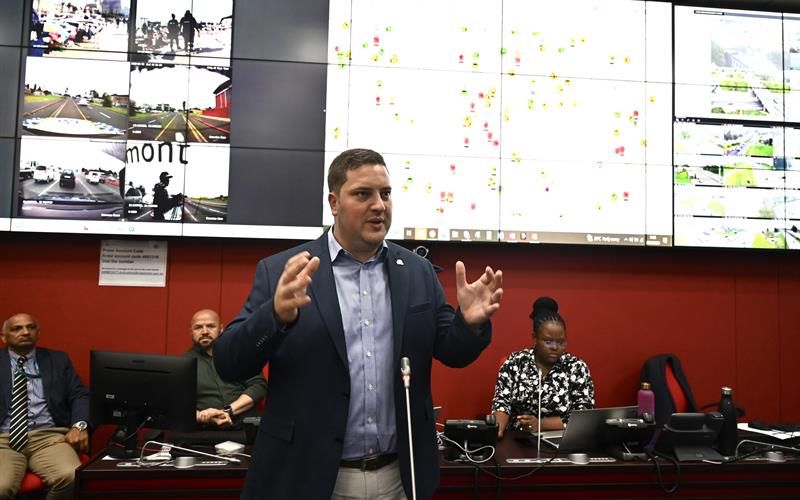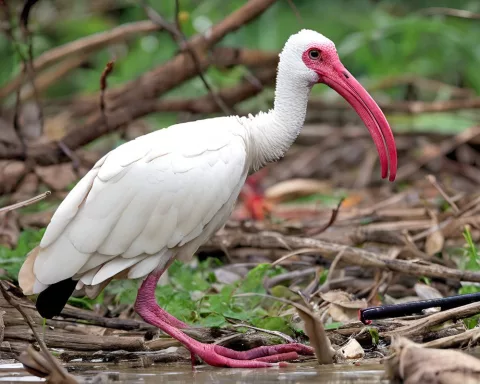The City of Cape Town has taken a remarkable initiative to strengthen security and enhance public safety through the implementation of advanced technologies. This R860 million investment over the next three years will equip law enforcement officers with body worn cameras and in-vehicle cameras with Automated Number Plate (ANPR) technology.
ANPR Technology and In-Vehicle Cameras
The ANPR technology in the in-vehicle cameras enables officers to identify wanted vehicles and outstanding warrants instantly. This innovative technology, already successful in several parts of the world, makes it a noteworthy implementation for a government agency in South Africa.
Cutting-Edge Equipment
The R860 million safety tech investment covers a range of cutting-edge equipment, including CCTV, aerial surveillance, drones, gunshot detection technology, and a master digital system called EPIC to coordinate all these resources.
Impressive Results
The ANPR pilot program has displayed impressive results in identifying stolen vehicles, those involved in criminal activities, and motorists with outstanding warrants. Moreover, the full-scale implementation of in-vehicle cameras allows officers to record evidence of incidents in real-time and stream live video to control rooms.
Digital Evidence and International Expertise
Digital evidence plays a crucial role in the prosecution of offenders, and body worn cameras provide vital footage that can be utilized in court to lead to a higher rate of successful convictions. The City of Cape Town is continuously learning about best practices from international experts through webinars and in-person workshops.
Future Plans
The ultimate goal is to progressively roll out this advanced equipment, aiding in the apprehension and conviction of offenders while improving overall safety in Cape Town. The city’s commitment to adopting these state-of-the-art technologies demonstrates its dedication to ensuring the well-being of its residents.
Cape Town’s investment in advanced technology promises a safer and more secure future for its citizens. The city’s commitment to becoming a global leader in public safety and security is commendable. With the implementation of such innovative safety solutions, Cape Town is paving the way towards a brighter future, not just in South Africa but on a global scale.








